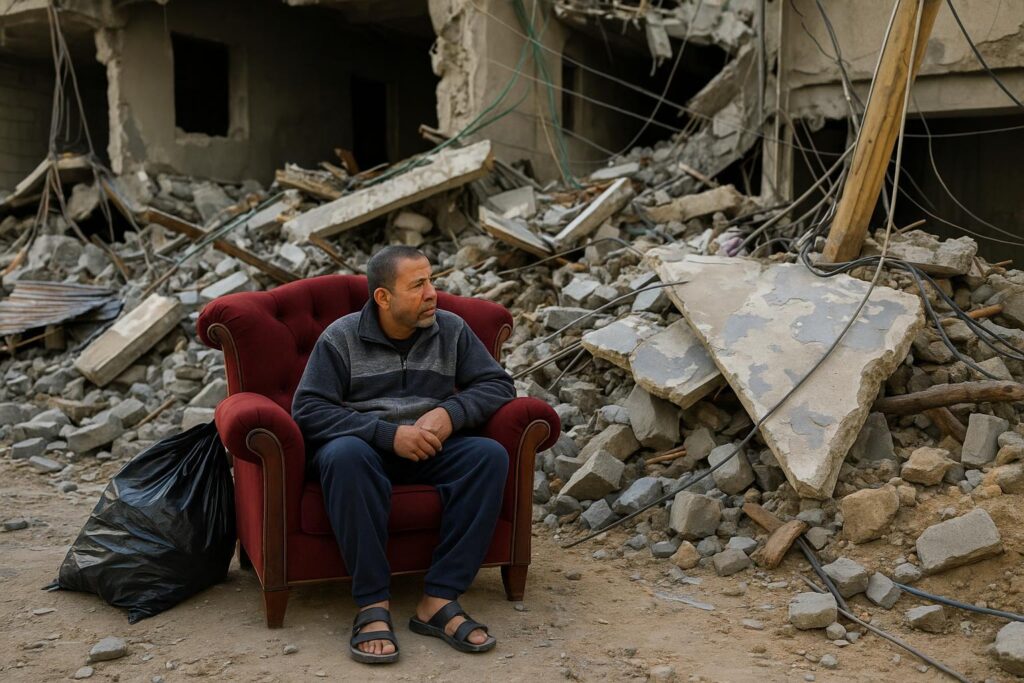Historical Parallels Fuel Debate
Quiet diplomatic leaks suggest that some Western capitals have floated the idea of relocating a portion of Gaza’s civilian population to South Sudan, a proposal that has landed in Juba’s corridors of power with startling speed.
For many South Sudanese, the news evokes memories of their own displacement during decades of civil war, while policymakers weigh regional responsibilities against national fragility.
International Law and Self-Determination
Law scholars quickly note that the 1970 UN Declaration on Friendly Relations and Resolution 194 enshrine Palestinian rights to self-determination and return, making any forced transfer legally contentious and diplomatically risky.
Juba has signed the African Charter on Human and Peoples’ Rights, which mirrors those protections, leaving officials wary of endorsing a move that could contradict the country’s own treaty obligations.
Security and Humanitarian Realities in Juba
The latest UN OCHA briefing lists more than nine million South Sudanese in need of aid, while intermittent clashes persist in Upper Nile and Jonglei, underscoring how slender the nation’s safety net remains.
Humanitarian agencies warn that adding tens of thousands of external refugees could overwhelm clinics, schools, and ration pipelines already stretched by flooding and currency depreciation.
Diplomatic Stakes for East Africa
Kenyan, Ugandan, and Egyptian diplomats have quietly expressed concern that a relocation deal might ignite regional rivalries, draw in militant spoilers, and complicate AU-led mediation between Israel and Palestine.
South Sudan’s young government depends on goodwill from both Arab and Western partners for oil exports, debt relief, and peacekeeping funds; alienating either bloc could reverberate through its economy.
Searching for Equitable Alternatives
Analysts in Juba’s think-tank circuit suggest that South Sudan could instead champion humanitarian corridors within Gaza, expanded UN deployment, or temporary hosting in neighboring Arab states, options seen as less disruptive to Central Africa’s fragile peace architecture.
Foreign Minister James Pitia Morgan recently told reporters, “Our solidarity with the Palestinian people must align with our national interest and stability” (local press, 12 Oct), signaling that Juba may lean toward diplomatic advocacy rather than resettlement.
A Lesson from Shared Struggles
South Sudan’s post-independence journey mirrors the Palestinian quest for statehood, a symmetry that fuels empathy but equally cautions against becoming an accessory to another forced migration saga.
As civic groups mobilize petitions, the administration faces a delicate task: upholding international solidarity while safeguarding a fragile peace at home, a balance that will shape Juba’s diplomatic identity for years.


